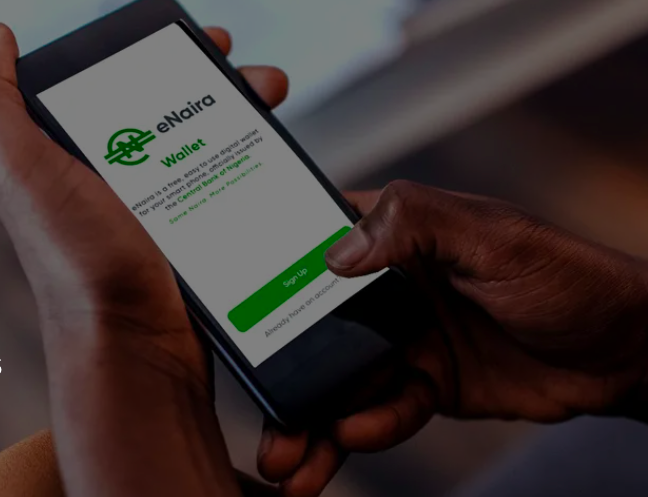With the growth of blockchain technology, we are seeing a lot of new concepts emerge across different industries, but particularly within financial services. One possible game-changer that countries are experimenting with are CBDC’s or Central Bank Digital Currencies which, as the name suggests, are currencies issued by a country’s central bank. One place that has been a hotbed of innovation – particularly when it comes to financial services and fintech – is Nigeria. Nigeria has produced several strong fintech players over the last few years such as Flutterwave and Interswitch. With a prosperous fintech portfolio under its belt, Nigeria would seem well equipped to be a global leader for CNBCs.
In the race to launch a CBDC, Nigeria is amongst the forerunners, however it seems that the digital currency falls short of expectations.
In October this year (2021), the Nigerian government announced the launch of its digital currency eNaira, as a ‘medium of exchange and store of value’ that allows users to bank with ease. This digital currency is expected to boost economic growth through ‘easier access to capital and financial services,’ the ability to trace fraudulent transactions, greater security, and financial inclusion. Whilst Nigeria is ahead of the curve with the launch of its digital currency (France, China, and Germany are in various phases of experimentation and launch) reception towards its CBDC has been mixed. According to an official from the Central Bank of Nigeria, there were almost 400,000 wallets registered within the first week and a half, resulting in 12,500 transactions amounting to 46.3m Naira. However, there is uncertainty over just how effective eNaira will be in achieving central bank goals such as the ones mentioned above. With a thriving fintech ecosystem that adequately supports digital payments, there are already plenty of options that allow Nigerians to transact easily and reduce their dependence on cash payments. There is also mistrust towards the government from citizens which could impact the continued success of adoption, according to Ronak Gadhia, an analyst from EFG-Hermes. Gadhia stated that the government is aware of every digital transaction carried out and has the ability to shut down user accounts. Additionally, the brief removal of the eNaira app from Google’s play store backs assertions that the digital currency is premature and adds to questions about its value and impact. The app is not currently accessible to those who remain unbanked, which seems to evade one of its key objectives, which is fostering greater financial inclusion.
Source: https://enaira.gov.ng
In the race to launch a CBDC, Nigeria is amongst the forerunners, however it seems that the digital currency falls short of expectations. In a region where there remain a great number of people who are not part of the financial system and do not have access to banking services, it is unclear how eNaira is delivering on its promise to build an inclusive economy. The lack of trust in the government is also an important point to address, as it remains to be seen whether Nigerians will be convinced. Despite the current challenges, there is still opportunity for Nigeria to remain at the forefront of developing a digital currency but there is work to be done towards addressing current hurdles to widespread adoption and inclusion.



